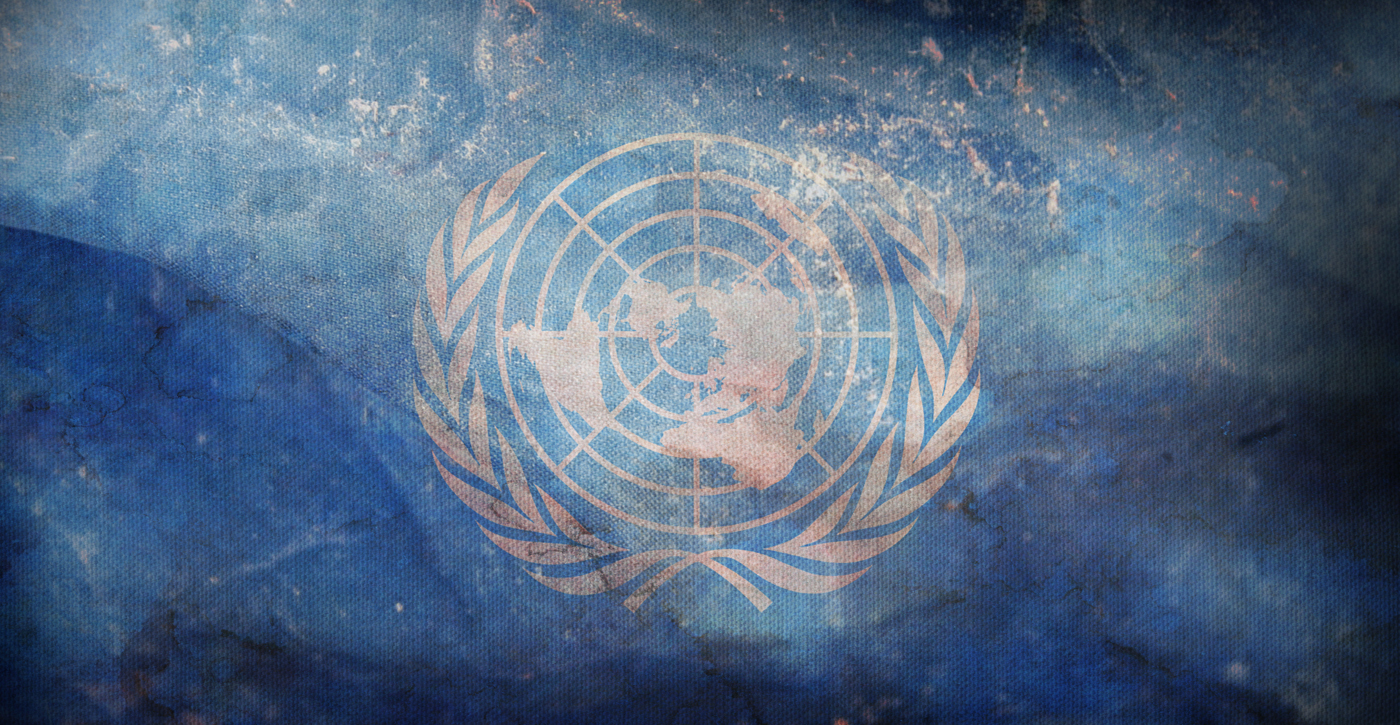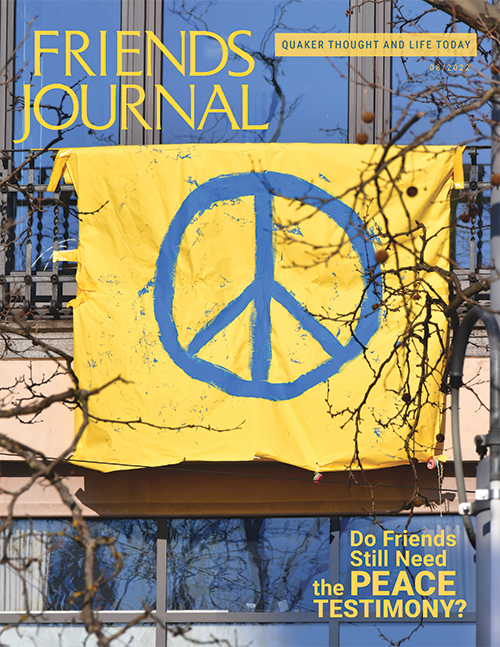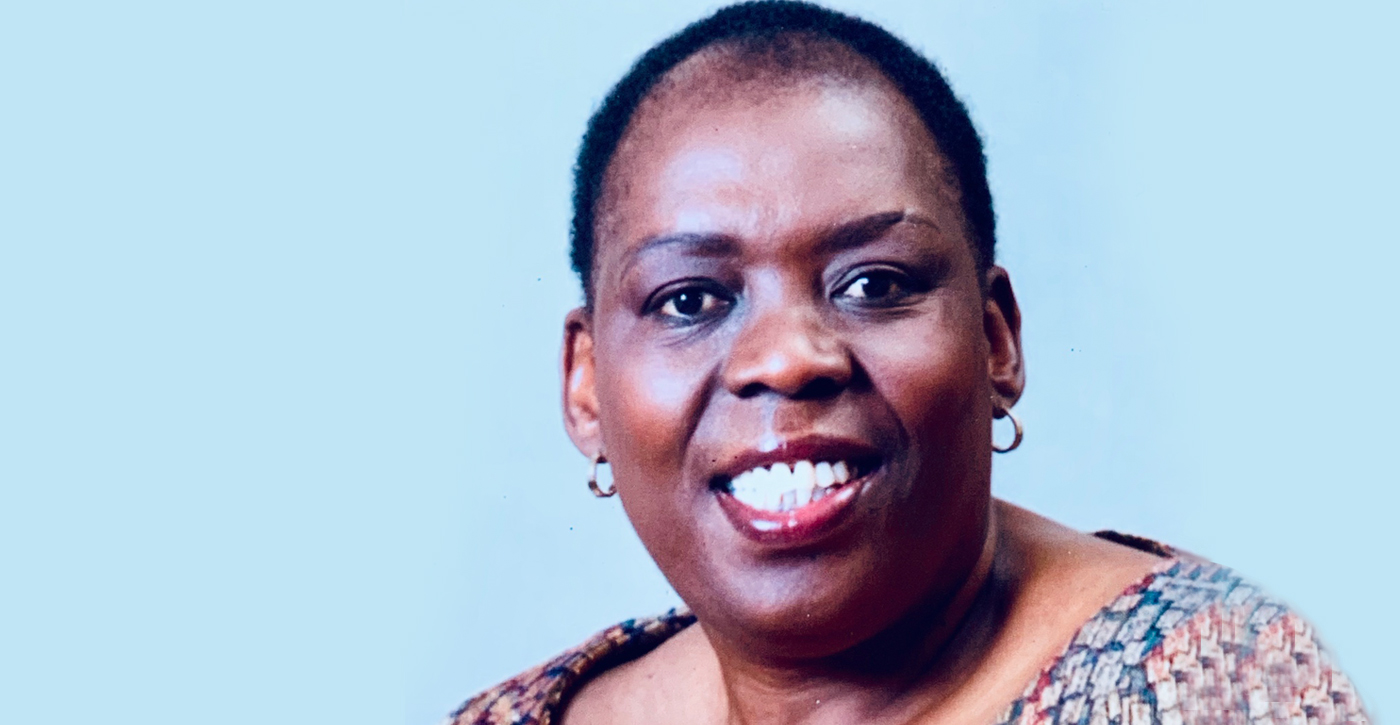Following the fall of the Berlin Wall in 1989, the Quaker United Nations Office (QUNO) in New York, where I was working as director, was asked about our global affairs priorities now that the Cold War had seemingly ended.
There were two. The first would be replacing the foundation idea for international security from the Cold War doctrine known as MAD, mutually assured destruction, with doctrines and practices supporting mutually assured security. These would include dispute settlement through regional and international bodies, meaningful disarmament measures, and the demilitarization of politics: essentially the peace and security framework outlined in the United Nations charter.
The other priority would be urging the UN to support a shift of national and global production and consumption pathways to environmentally sustainable development. This issue had gained prominence that year with the presentation to the general assembly of the Brundtland Commission report, Our Common Future, and the assembly’s decision to convene the Earth Summit in 1992 in Rio de Janeiro, Brazil.
It was as though—quite suddenly in historical terms—there was a new point of departure, that windows and doors had opened on a new global perspective. As George Fox had written in a letter to his parents, “no time but this present.”
I remember flying in 1990 with the Swedish and German ambassadors for disarmament on a day trip to Washington, D.C., cosponsored by QUNO and Friends Committee on National Legislation (FCNL). They were to visit the offices of U.S. congressional leaders to discuss disarmament. Perhaps now international affairs could be cultivated and judged by standards other than the face-off of the Cold War. For decades, every issue before the UN Security Council had been secondary to maintaining this precarious balance. “Now anything is possible!” exclaimed the German ambassador, leaning into me as we waited for the next appointment.
Looking back, we see that this was a brief moment of opportunity. The military–industrial complex soon regained its feet, aided by the 2001 World Trade Center attacks and the ensuing “wars on terror” in Afghanistan and Iraq and side wars emanating out of the Arab Spring, like in Libya. But there was almost a decade in the ’90s in which nations could play catch-up at the UN and address the many vital areas of social and economic policy coordination that had languished. Good use was made of this time. In quick succession conferences were held to update and advance policymaking on children’s rights, the environment, population, food, desertification, and women’s rights. The results of these summits and conferences have defined the framework that still guides policymaking and coordination today.
In the current moment I sense another critical transition. The cold war is as hot as ever, with China now added on the enemy side. I was astounded recently to hear, in response to China’s demonstration of a new hypersonic missile, NATO’s Jens Stoltenberg proudly declaring that it would spend billions of dollars for analysis and counter-ploys—just as seed-money for a long-term program. Think of what billions of dollars could do elsewhere. The sad truth is that we live in a form of collective insanity.
Now we are engulfed in a new, horrific stage of military diplomacy. The thought that a major state could attack, occupy, and systematically destroy the infrastructure and residences of a neighboring state was not something we expected. And our side is reveling in the opportunity to display and test its huge arsenals. Arms sales have never been higher, and there is money in it.
Where do we stand with our peace testimony?
In 30 years we have seen very little real progress on either environmental or global security. What will it take to wake us up and change the paradigm? The rapidly closing window for slowing ecological collapse? The obscene expenditure and loss of life of military-based security, recently shown to be so fruitless in Afghanistan, and now in Ukraine? The clay feet of great might.





What is peace testimony without peace witness? What is peace witness without peace action? What is peace action without peace making?